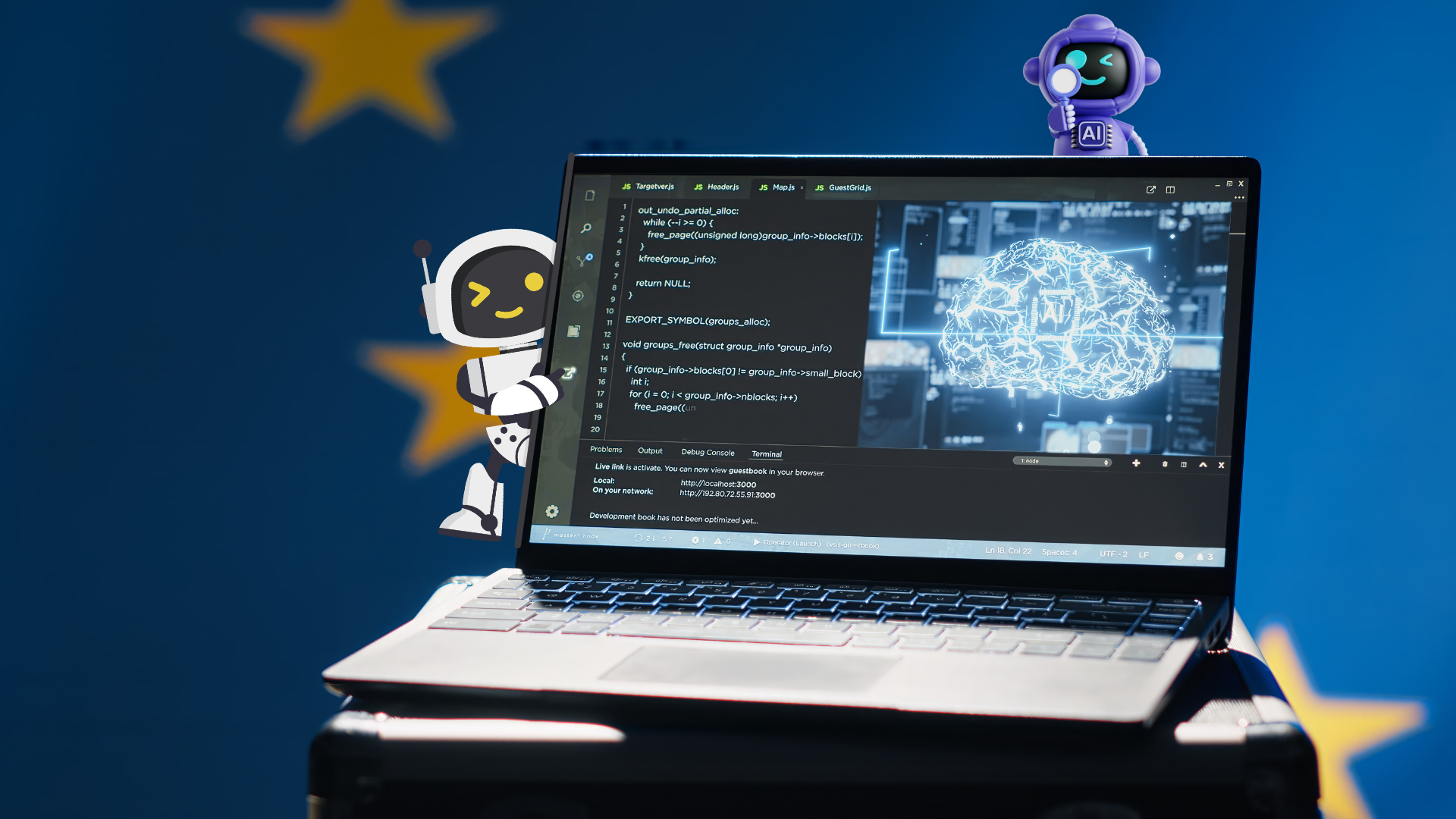
DBS, Singapore’s largest bank, has announced plans to reduce its workforce by approximately 4,000 roles over the next three years as it accelerates the adoption of artificial intelligence (AI) technologies. The move will primarily affect temporary and contract staff, with job reductions occurring through natural attrition as projects are completed.
AI Reshapes Workforce at DBS
According to DBS’s outgoing CEO, Piyush Gupta, the bank’s AI strategy will streamline operations while also creating around 1,000 new AI-related job opportunities. This makes DBS one of the first major banks to provide insight into AI’s impact on its workforce.
A DBS spokesperson elaborated on the workforce changes:
“Over the next three years, we envisage that AI could reduce the need to renew about 4,000 temporary/contract staff across our 19 markets working on specific projects.”
“As such, we expect the reduction in workforce will come from natural attrition as these temporary and contract roles are completed over the next few years.”
DBS currently employs between 8,000 and 9,000 temporary and contract workers, alongside a total workforce of around 41,000 employees. The bank has not specified how many jobs in Singapore will be affected.
DBS’s AI Investment and Growth
DBS has been investing in AI technologies for over a decade, deploying over 800 AI models across 350 use cases. Gupta revealed that the bank expects the measured economic impact of its AI strategy to exceed S$1 billion ($745 million) by 2025.
As Gupta prepares to step down at the end of March, Deputy CEO Tan Su Shan is set to take over, overseeing the bank’s continued AI expansion.
Global AI Impact on Jobs
The increasing adoption of AI-driven automation has sparked broader debates about its benefits and risks. The International Monetary Fund (IMF) has warned that AI could impact nearly 40% of all jobs worldwide, raising concerns about growing inequality.
IMF Managing Director Kristalina Georgieva recently stated:
“In most scenarios, AI will likely exacerbate overall inequality.”
Despite these concerns, DBS’s approach suggests a strategic transition—replacing temporary roles with AI while creating new opportunities for employees to engage in AI-related work.
What’s Next for DBS?
With AI reshaping banking operations, DBS’s transition could serve as a model for how financial institutions manage technological disruption. The bank’s commitment to AI investment signals a major shift in workforce dynamics, positioning it at the forefront of AI-driven banking transformation in Southeast Asia.





















































































